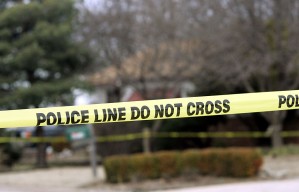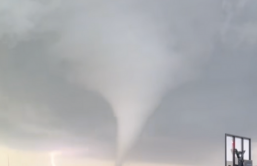South Korea declared Thursday that it would resume cross-border anti-North Korea propaganda broadcasts, a tactic that led the two neighbors to the brink of war when it was used last year. The decision to resume the broadcasts comes after the North claimed it successfully tested its first hydrogen bomb, which Seoul called a "grave violation" of an agreement reached in October, according to USA Today.
"The North's fourth nuclear test is a wanton violation of its international obligations...and a grave violation of the inter-Korea agreement on August 25," an official at the presidential Blue House said.
"So the South Korean government decided to resume the border broadcast into the North as of noon (0300 GMT) on Friday," he added.
The Aug. 25 agreement in question was the conclusion of a dispute between the two Koreas over the source of mine blasts that wounded two South Korean soldiers, reported AFP. Seoul blamed the North for the mine blasts, and blasted music and anti-North propaganda messages across the border for two weeks. In response, Pyongyang threatened to launch an attack on the South, equating the music and propaganda to "psychological warfare."
A resolution was finally reached after North Korea "expressed regret" for the blasts and the South agreed to turn off the loudspeakers in return. However, part of that deal included a clause which stated the loudspeakers would remain unplugged "unless an abnormal case occurs."
It stands to reason that Pyongyang's "successful test" qualifies as an "abnormal case," since not only is Seoul prepped to resume its propaganda campaign, but also has it's military in a state of "full readiness."
"Our military is at a state of full readiness, and if North Korea wages provocation, there will be firm punishment," said Senior Presidential National Security official Cho Tae-yong, according to the Associated Press.
Though South Korea is addressing this potential threat with the utmost urgency, it has been met with skepticism elsewhere. In a press conference, White House press secretary Josh Earnest said an initial analysis by U.S. intelligence agencies is "not consistent with North Korean claims of a successful hydrogen bomb test."








